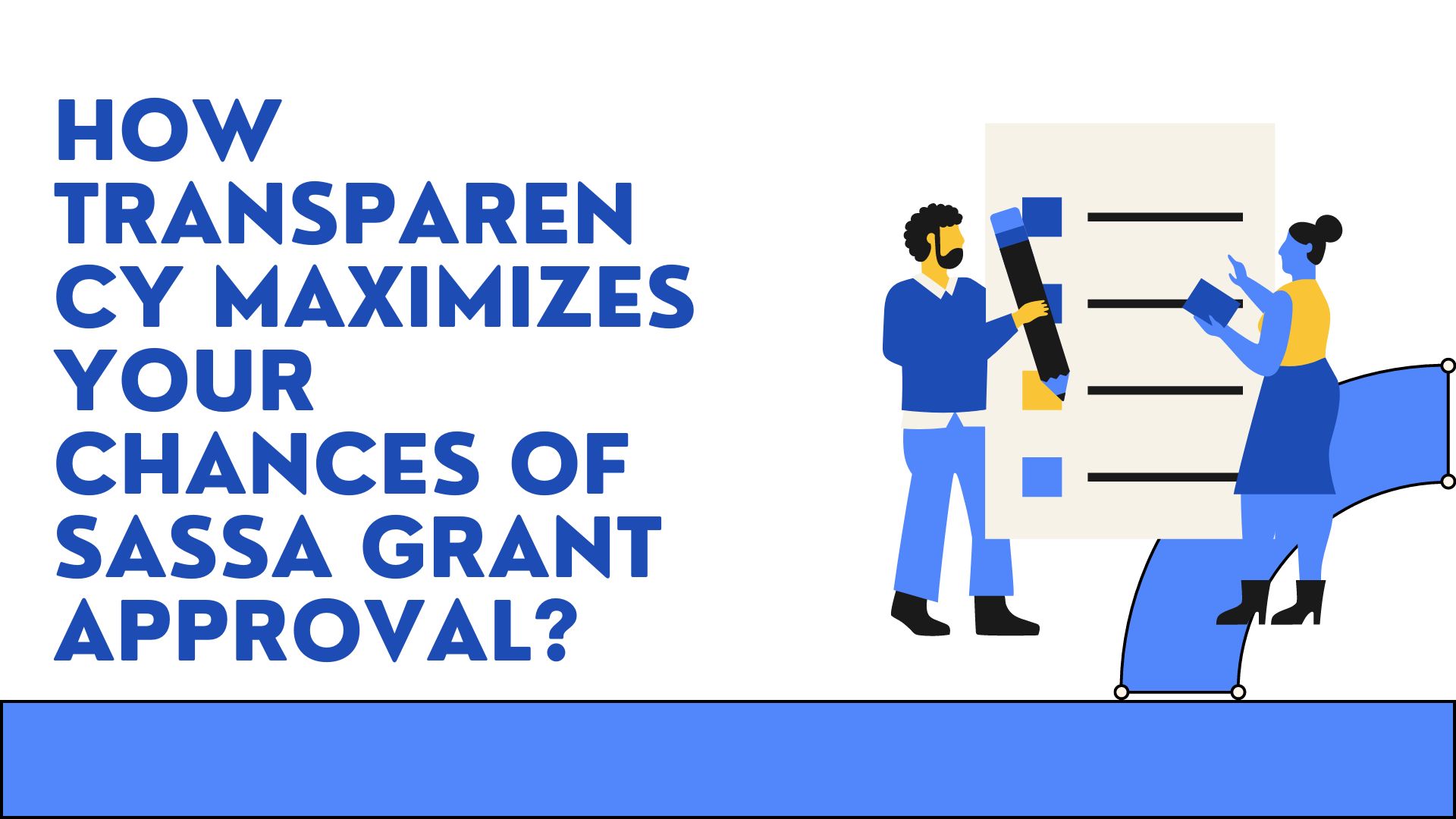As South Africa grapples with the economic challenges posed by the COVID-19 pandemic, the government’s Social Relief of Distress (SRD) award remains a lifeline for millions. The program was created in 2020 as a temporary solution to assist those afflicted by the pandemic.
It has subsequently become a critical source of financial assistance for more than 9 million unemployed individuals who do not get other social benefits or unemployment insurance. However, as the country enters a new fiscal year, there is rising anxiety and debate about whether the gift will continue.

Extension of the grant till March 2025:
In response to the ongoing economic hardships and the sluggish recovery from the pandemic, President Cyril Ramaphosa announced during the State of the Nation Address (SONA) that the RD grant will be extended until March 2025. This judgment demonstrates the ongoing need for assistance among the country’s most vulnerable groups. In his medium-term budget policy announcement, Finance Minister Enoch Godongwana remarked, “The extension of the SRD grant until March 2025 will ensure that the vulnerable can continue to count on this crucial support during these challenging times.”
Is it possible to extend the SRD grant?
Along with the announcement to extend the award, the 2024 budget includes R33.6 billion for the SRD grant this year and expected amounts for the next two years, 2025/26 and 2026/27. However, it is yet to be decided how the grant will continue until 2025; this will be determined by finding new means to raise funds or changing present budget plans. Furthermore, the grant amount has been increased from R350 to R370 per month, representing a 5.7% increase over the prior sum. This little increase is significant since it helps mitigate the impact of rising prices on those receiving the award.
Will the Basic Income Grant replace the SRD Grant?
Implementing a Basic Income award (BIG) is now being considered, possibly replacing the SRD award. The BIG is a more enduring and long-term solution to poverty and unemployment. Its implementation is currently being discussed and policy formulated. The goal is to integrate it with existing social assistance mechanisms while maintaining economic viability. It is unclear how these conversations will proceed, but there is optimism that those needing assistance can benefit from the BIG in the future.
The idea of implementing BIG has gained support from a variety of political groups and the general public. However, it has profound financial and societal ramifications, which the government must navigate. This initiative’s success would necessitate careful preparation and widespread consensus to ensure a viable safety net for the unemployed or economically vulnerable.
